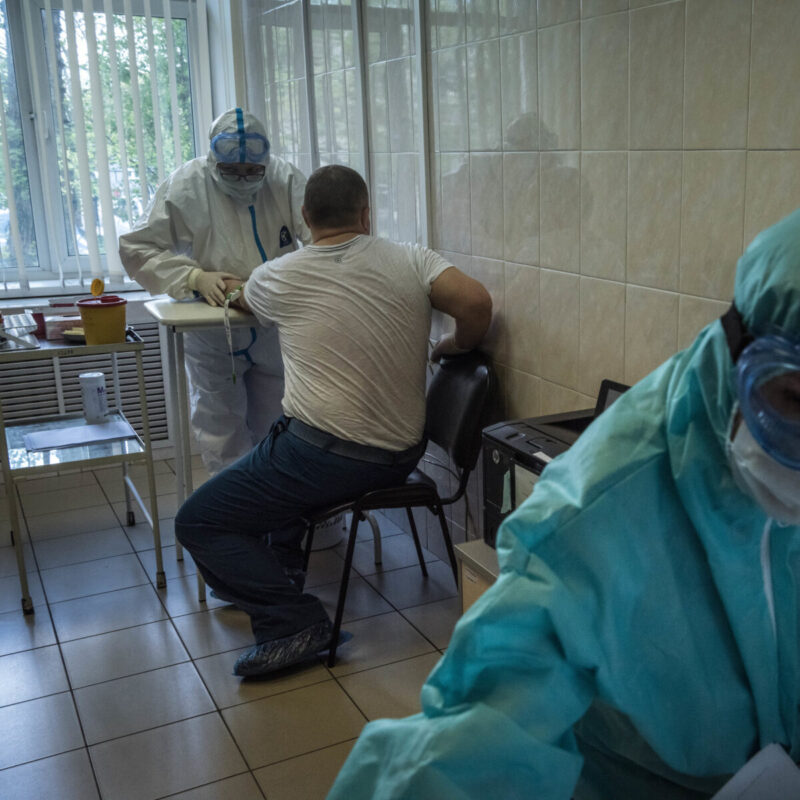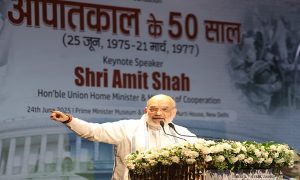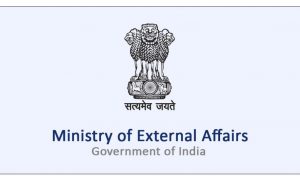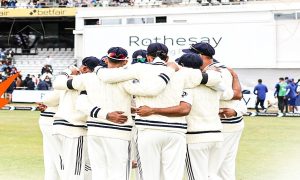A surge in restaurant spending appears to predict a surge in coronavirus cases weeks later, a new JPMorgan study found.
The firm analyzed spending by 30 million Chase credit and debit cardholders and coronavirus case data from Johns Hopkins University, and found that spending patterns from a few weeks ago “have some power in predicting where the virus has spread since then,” analyst Jesse Edgerton wrote Thursday. The study found that the “level of spending in restaurants three weeks ago was the strongest predictor of the rise in new virus cases over the subsequent three weeks,” in line with the firm’s recent studies using OpenTable data.
Notably, JPMorgan found that ‘card-present’ transactions in restaurants (meaning the person was dining in, not ordering online) were “particularly predictive” to a later spread of the virus.
And interestingly, the JPMorgan study also found that increased spending in supermarkets correlated to a slower spread of the virus. Analyst Edgerton wrote that the correlation hints that “high levels of supermarket spending are indicative of more careful social distancing in a state.” The firm pointed out that as of three weeks ago, supermarket spending in states like New York and New Jersey, which are now seeing a decrease in cases, was up 20% or more from a year ago, whereas states now seeing a surge like Texas and Arizona saw supermarket spending up less than 10%.
Still, JPMorgan notes that the correlation doesn’t take all factors into account, and states seeing a surge in cases share other characteristics apart from restaurant spending. The National Restaurant Association said in a statement sent to Fortune that “It is irresponsible to pin the rise [of COVID-19 cases] on a single industry. Restaurants have historically operated with highly regulated safety protocols based on the FDA’s Food Code and now have taken new steps to meet social distancing guidelines required by state and federal officials. We all have responsibility for wearing masks, washing hands, and social distancing.”






















 WhatsApp us
WhatsApp us